New Years Tech Predictions: What to Expect in 2022

Last year brought big changes to L.A.'s startup and tech scene, from video streaming to blockchain technology to a boom in electric vehicles and the sectors supporting them, 2021 was a year that saw entire industries pivot to embrace a new tech landscape put in place by the pandemic. We asked experts from across the tech and startup world what they see coming for the city and its startup scene in 2022.
Check back for new posts. We'll be adding more predictions daily, and let us know what you see over the horizon; share with us on Twitter and Instagram.
The Streaming Wars Were Quaint. In 2022, Hollywood Will See an Era of Unorthodox Consolidation
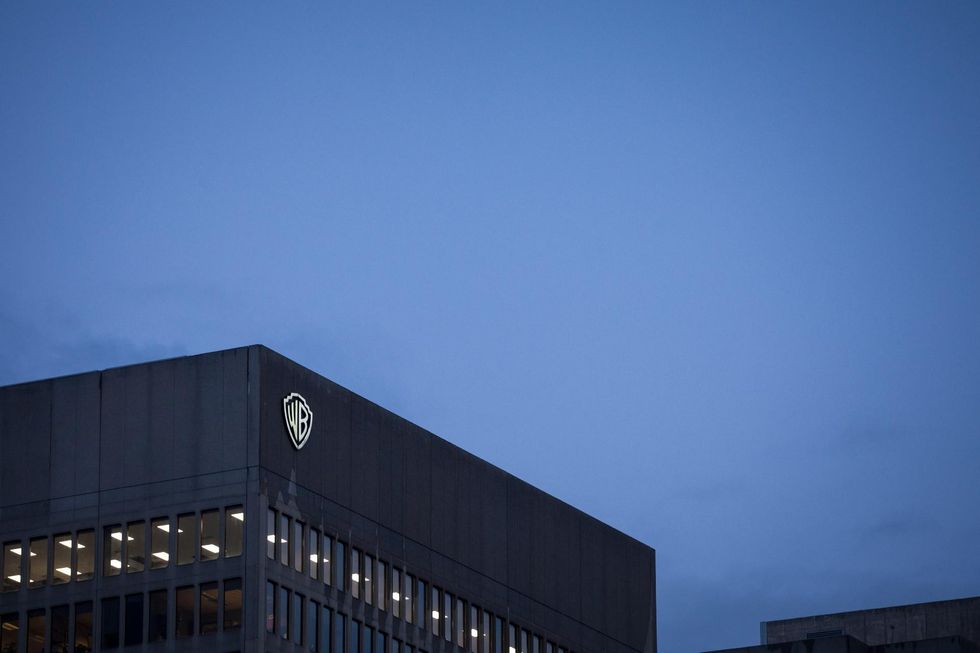
As 2022 dawns, the Justice Department’s long-awaited decision on the Discovery/ WarnerMedia/ AT&T merger shines most brightly on the entertainment industry’s horizon.
2022 Will Be the Year Automation Changes Fast Food for Good

Restaurant innovation to improve customer convenience will continue to grow at a rapid pace around things like autonomous delivery vehicles, unmanned and automated 24/7 open food kiosks and app-based ordering and paying. Diners are embracing automation more than ever before and are open to change if it means added safety, convenience and efficiency, as well as consistency in the quality of food they receive.
In 2022, ‘Fan-Centric’ Accounting Will Bring Emerging Artists More Money from Streaming Music
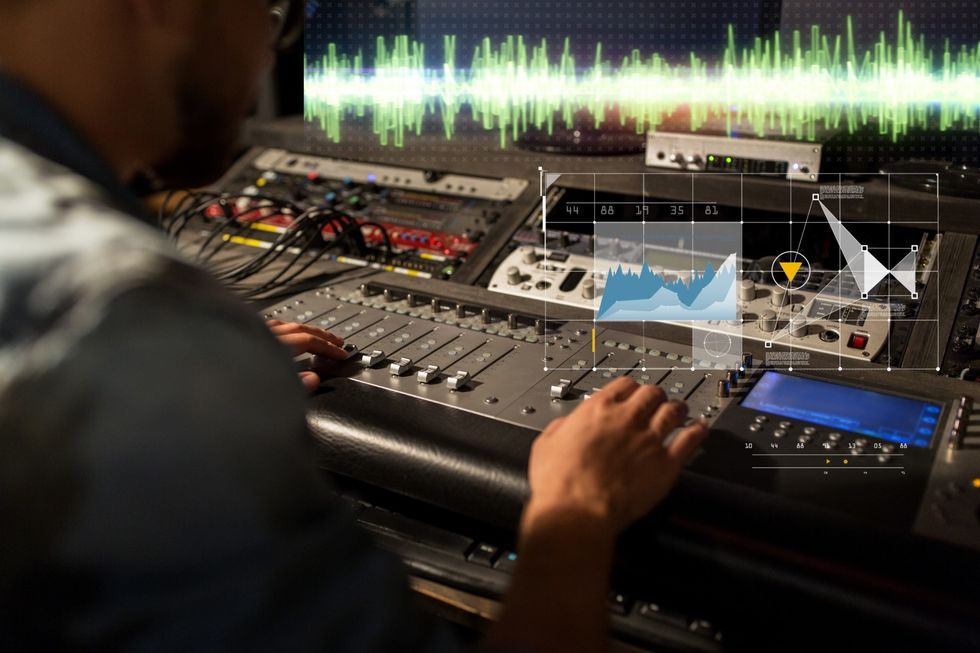
Streaming subscribers and revenues hit new heights this past year. Label valuations climbed. Song catalogs from artists including Bruce Springsteen and Neil Young were purchased for record sums. Yet in the midst of this booming music economy, many artists felt that they were not receiving their fair share of the rewards.
In 2022, that will change. As pressure mounts from fans and rival services that offer a different model for payment, streaming music stalwarts will begin to change how the billions in streaming revenues get divvied up to benefit emerging musicians and bands with the most dedicated fans.
The Creator Economy and Social Commerce Proved Itself This Past Year. In 2022, Watch as It Booms!

With more than 50 million content creators across the globe and social media using new monetization tools and social commerce features, 2022 will witness an explosion of creative energy and the birth of a new type of online economy.
It has never been a better time to be a content creator: the cost for entry is incredibly low –sometimes totally free. You just need a device and an internet connection, social media platforms from TikTok to YouTube started creator funds in 2021, including incentives and monthly payments based on performance. The goal: to encourage creators to continue making content that keeps readers on their platforms and enables them to make a living out of it.
In 2022, Get Ready for a Battle of Kitchen Robot Concepts
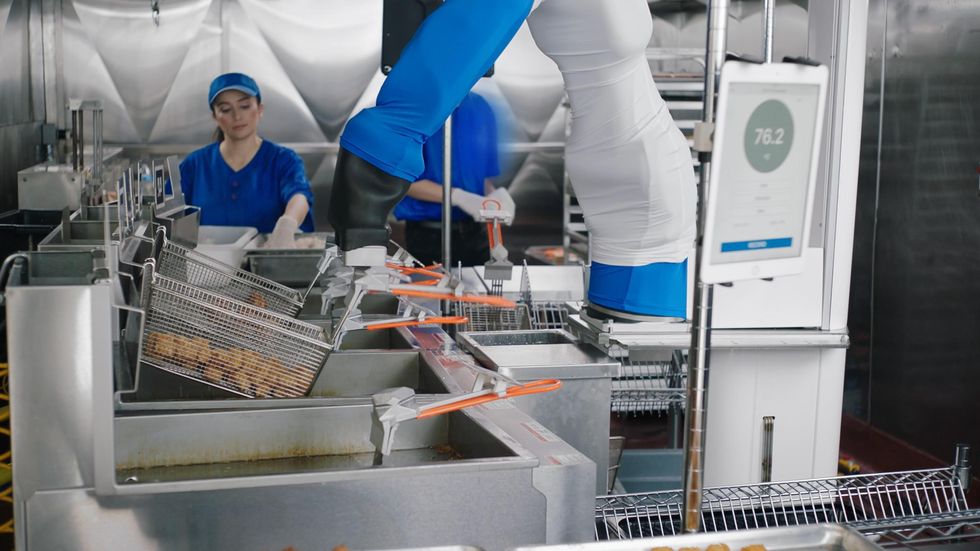
The coming year will be a proving year around all the hype of robotics in food that was created in 2020 and 2021. In 2022, the reality will set in that the labor shortage in restaurants is not a fleeting issue, though it may become less acute than it had been during the height of the pandemic. Restaurants will need to expand their robotics and AI pilots and roll-out new solutions.
This Will Be the Year We See Tech Equity Make Its Mark and Move Beyond Gesture

2022 will be a year of growth and momentum around tech equity and ethics.
Independent efforts for racial and gender equity through tech flourished in 2021. Many of us chafe at using the term “DEI” (which stands for “diversity, equity and inclusion”) as it’s become a marketing slogan for some. Instead, we’re designing ways to do things differently so that we can better tackle the ways that tech can be used to enforce inequalities.
Already there are some shining examples of efforts underway. Researchers, activists and journalists are looking into how they can use big data and AI to aid in these efforts.
'Billionaires in Space' Is Boring; 2022 Will See Entire Industries Go Galactic
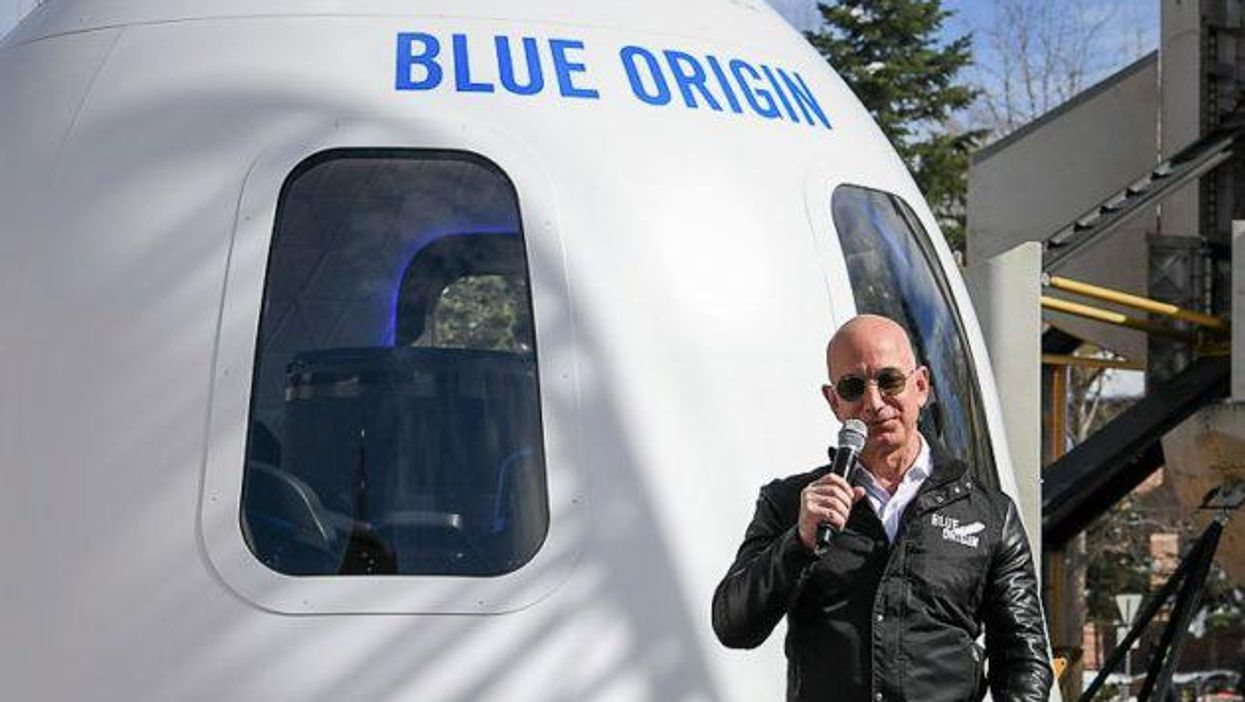
This last year was a watershed for the commercial space economy. An incredible amount of capital was invested in the new aerospace economy, surpassing the likes of legacy space heavyweights Boeing and Airbus. The year saw incredible financial exits from California-based companies Momentus, Planet, Rocket Lab and Astra, among others (Long Beach-based Virgin Orbit is set to go public in 2022). And it captured the public’s attention with billionaires floating in microgravity.
EV Sales Will Soar in 2022 as New Models Flood the Market
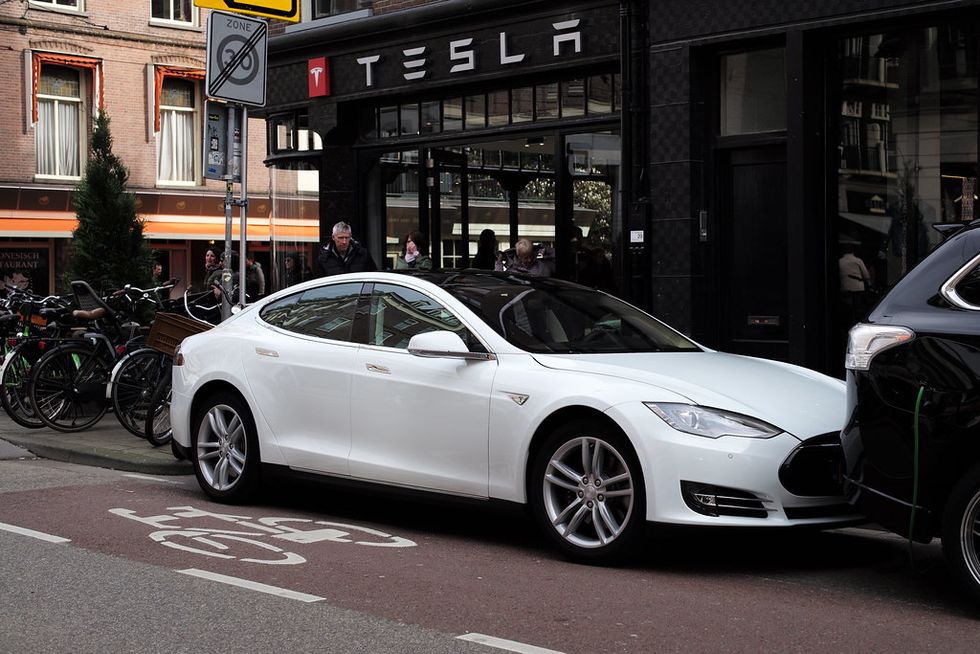
Overall light vehicle sales plummeted last year because of pandemic-related supply chain issues, but electric vehicle sales are set to surge in 2022.
EVs are expected to reach over 450,000 sales in 2021, and EV sales through November were up 88% compared to 2020 EV sales through last November. This huge increase is due to a few key new models arriving in the marketplace this year, such as the Ford Mustang Mach-E and Volkswagen ID.4. In its first full year, Tesla’s Model Y was by far the EV sales leader in 2021.
In 2022, Robots Will Conquer Food Delivery and Distribution
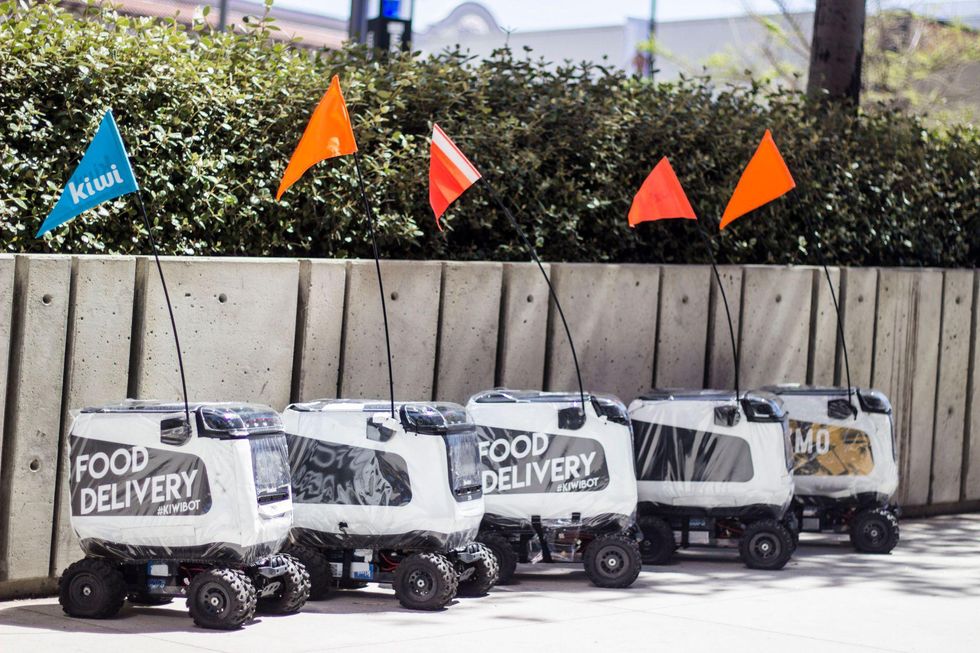
In 2022, the food service industry will experience more labor challenges as restaurant and hospitality workers continue to leave in droves.
Fortunately, food technology has come a long way in developing robotics and automation in these last 18 months. Automated solutions in the kitchen will be well established by Q3 of 2022 and more vending style machines will appear in high-foot-traffic areas such as airports and schools, but also in the lobbies of high-rise buildings.
In 2022, Expect More Cross-Platform Livestreaming from Creators
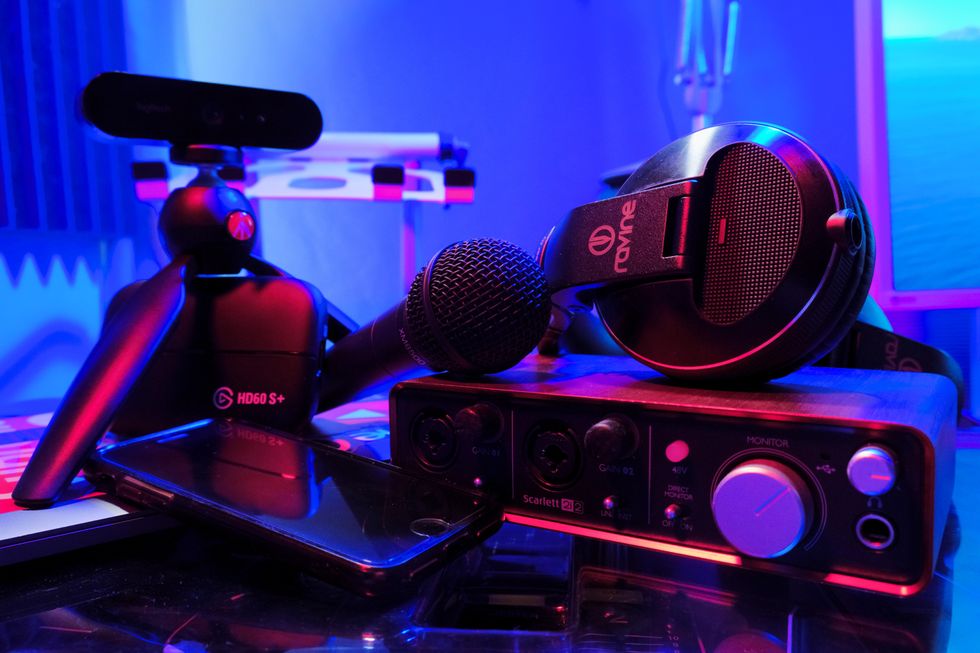
TikTok’s short form videos are ideal for discovering new audiences. Meanwhile long-form platforms such as Twitch and YouTube are perfect for maintaining, engaging and growing a community of fans. The marriage of these elements will change the game for creators in the new year.
From our Fingertips to Outerspace: Spencer Rascoff's 2021 Predictions

I started my journey as both an angel investor and founder over 20 years ago.
A handful of successful companies and hundreds of investments later, I realized a few common themes throughout my portfolio. One in particular stands out: democratization.
Democratization, or making things more accessible to more people, has been a considerable factor in much of my decision making as a founder and investor.
- COVID-19 in 2022 Will BE Shaped By Advancement in Tech - dot.LA ›
- Tech and Virtual Predictions for 2022 - dot.LA ›
- Space Tech Trends to Watch in 2022 - dot.LA ›



 Image Source: Northwood Space
Image Source: Northwood Space

 Image Source: JetZero
Image Source: JetZero